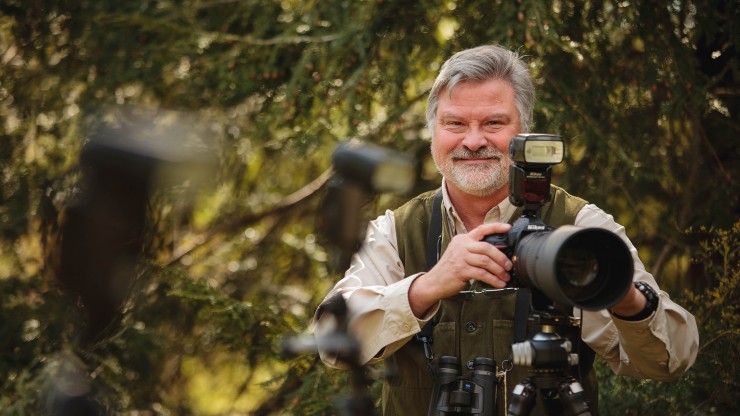For centuries, great thinkers have grappled with the big questions about life. Philosophy is, in part, the love of wisdom and the willingness to wrestle with mystery. Through discourse, logic, and notion, we learn to conjure our own ideas and defend them well.
Why study Philosophy at Sewanee?
Studying philosophy at Sewanee, you’ll become acquainted with the fundamental ideas and arguments that have shaped and challenged civilizations for centuries. You’ll be introduced to the ways philosophers and intellectual movements rise out of dilemmas and crises within the established social, scientific, and religious traditions. You’ll be asked to think critically and defend your beliefs.
You’ll then be charged with the difficult and no-ego-allowed task of appreciating the value of other beliefs. Sewanee’s extensive ethics curriculum—business ethics, environmental ethics, medical ethics—will prepare you for both graduate-level study and the job market.
FIRST DESTINATIONS: Philosophy MAJORS
Sewanee graduates secure positions in a variety of fields. Some you would expect, others, are a bit of a surprise. Sewanee prepares you for your profession and your passion. Below is a sampling of recent graduates' first job.
- Legislative Intern, The Episcopal Church Office of Government Relations, Washington, D.C.
- Commercial Real Estate Analyst, UCLA Asset Management, Los Angeles, CA.
- Documents, Outreach, and Communications Office Intern, USAID, Tanzania.
GRADUATE SCHOOL & PREPROFESSIONAL PROGRAMS: Philosophy MAJORS
Sewanee graduates enjoy extraordinary acceptance rates to top graduate and preprofessional programs–about 95 percent to law school and over 85 percent to medical school. Below is a sampling of where Sewanee grads continue their education.
- M.S. in Neuroscience, University of Binghampton.
- JD Law, Texas Tech School of Law.
- Ph.D. in Biochemistry, Biophysics, Structural Biology, Yale University





